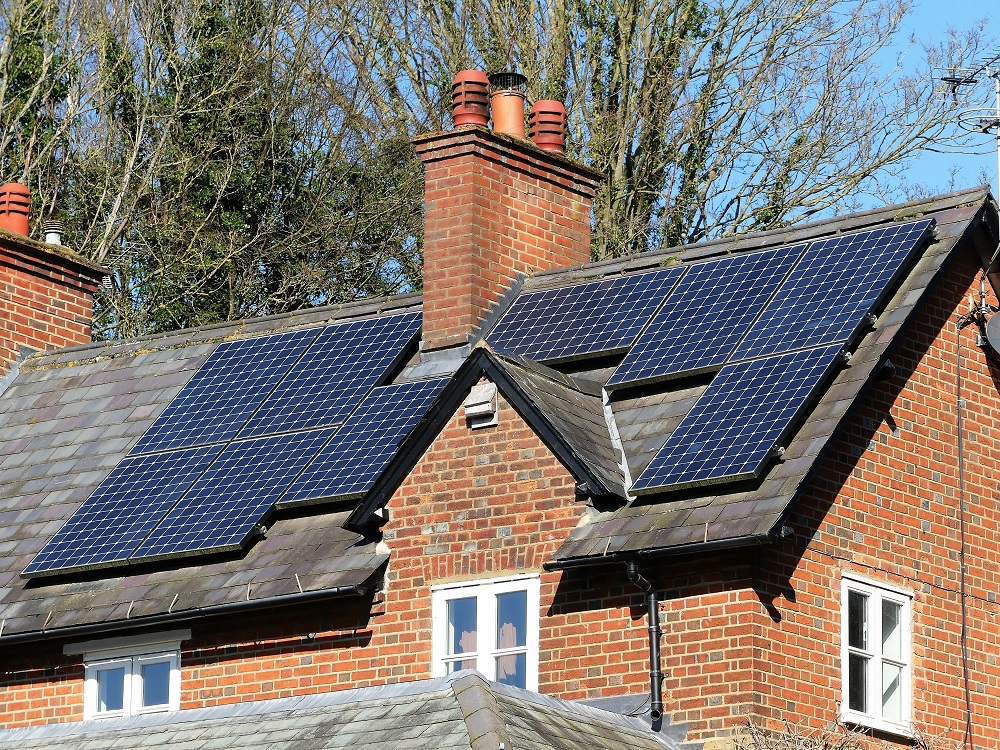Rent & Other Debts
We can help you understand what debts you have and what are the priorities for repayment. If you have rent arrears or are struggling to pay your rent we can help you create a suitable payment plan to manage this and prevent any arrears recovery being taken against you. We can even help you if you have received Court papers to repossess your home. For other debts we can help you contact the lenders and arrange a suitable payment plan or refer you to debt specialist charities, such as:
National Debtline
National Debtline offers phone and webchat services in England and Wales.
Telephone: 0808 808 4000
Monday to Friday, 9am to 8pm
Saturday, 9:30am to 1pm
Find out about call charges
Citizens Advice
Citizens Advice offers phone and webchat services. They also have advice centres in England, Wales and Scotland.
Telephone (England): 0800 144 8848
Telephone (Wales): 0800 702 2020
Telephone (Scotland): 0800 028 1456
Webchat service
Monday to Friday, 8am to 7pm
Find out about call charges
StepChange Debt Charity
StepChange Debt Charity offers phone and online services.
Telephone: 0800 138 1111
Monday to Friday, 8am to 8pm
Saturday, 8am to 4pm
Find out about call charges
Please note regarding External Grant funding: we currently make grant requests for customers from Glasspool Charity Trust however this will end on 31st March 2024. Also Government Household Support Grants will end on 31st March 2024.
See our Grants & Loans page for more information.

Contents Insurance
Many customers think that as your landlord, we automatically insure your furniture, belongings and decorations against fire, theft, vandalism or water damage, such as burst pipes. But this isn’t the case – we insure the buildings you live in but not the contents inside them.
If you look around the room, think about how much it would cost to replace your belongings if they were damaged or destroyed – it soon adds up!
If you are thinking of cancelling your insurance cover as a way to save money you do have other options.
We’ve teamed up with RSA Insurance Group plc to offer the Simple household contents insurance scheme exclusively to you as a LHP tenant and leaseholder. For further details visit our Insuring your Home page or contact us on 0345 604 1472.

Water Usage and Support
4 things you can do to reduce your water usage:
- Fix leaks: keep an eye out for leaks, and report them straight away; even a small leak can waste significant amounts of water over time, resulting in a higher water bill.
- Shower savings: taking 1-2 minutes off your daily shower can save a significant amount of water over the year; aerated shower heads can also help reduce the water being used by your shower.
- Don’t leave the tap running: Avoid leaving the tap running when brushing your teeth or washing up!
- Collect rainwater: You can use collected rainwater to water the plants and garden, and wash the car.
If you need extra support, Anglian Water’s WaterCare service is for anyone that needs a helping hand. They offer support through their Priority Services Register and Extra Care Support. You can get support from one or both of these – whatever’s right for you. To find out more visit their website.
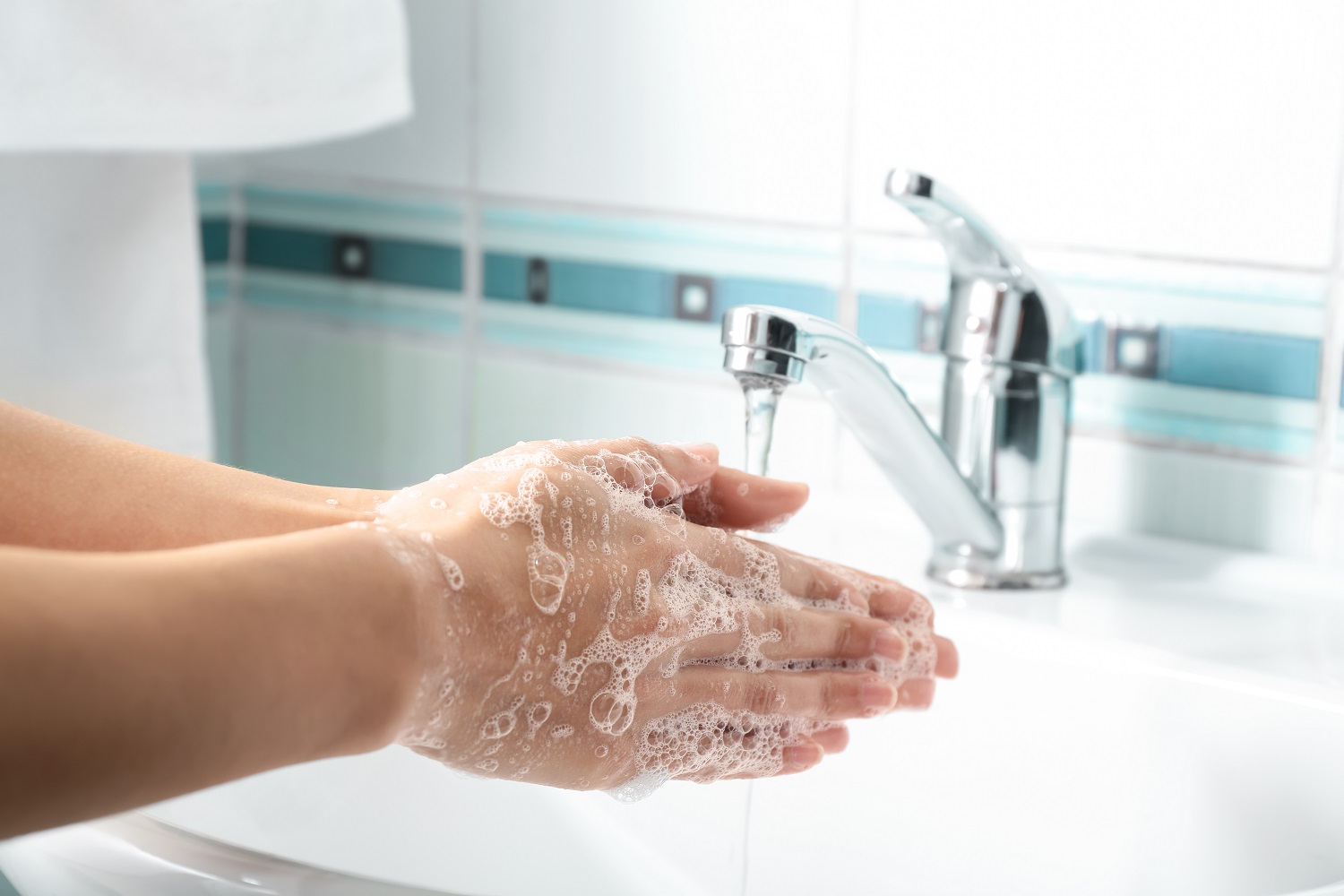
Energy Usage and Support
We can offer support with some energy saving tips and how to save money on your bills. We can get you help with ensuring your heating system is set up correctly and you know how to use it and get the best out of it. We can help you gain access to Grants and financial support towards your utility bills and any debts that you may have them. For example, we currently have access to £10,000 of funding from the North East Lincolnshire Housing Support Grant Funding to provide food and fuel vouchers. This can be accessed through our Money Support Service who can make the application with you.
Attached is a useful Home Energy Checklist from National Energy Action that guides you through available financial help and practical steps you can take to keep your home feeling warmer this winter. They also provide a free WASH Advice Service offering support with energy bills and keeping warm and safe in your home. They also help householders access benefits and maximise their income.
Remember it’s important to keep your home well ventilated to prevent damp and condensation, attached is a useful guide. If any vents are broken, please report this to us through the chatbot in the bottom right corner of the page.
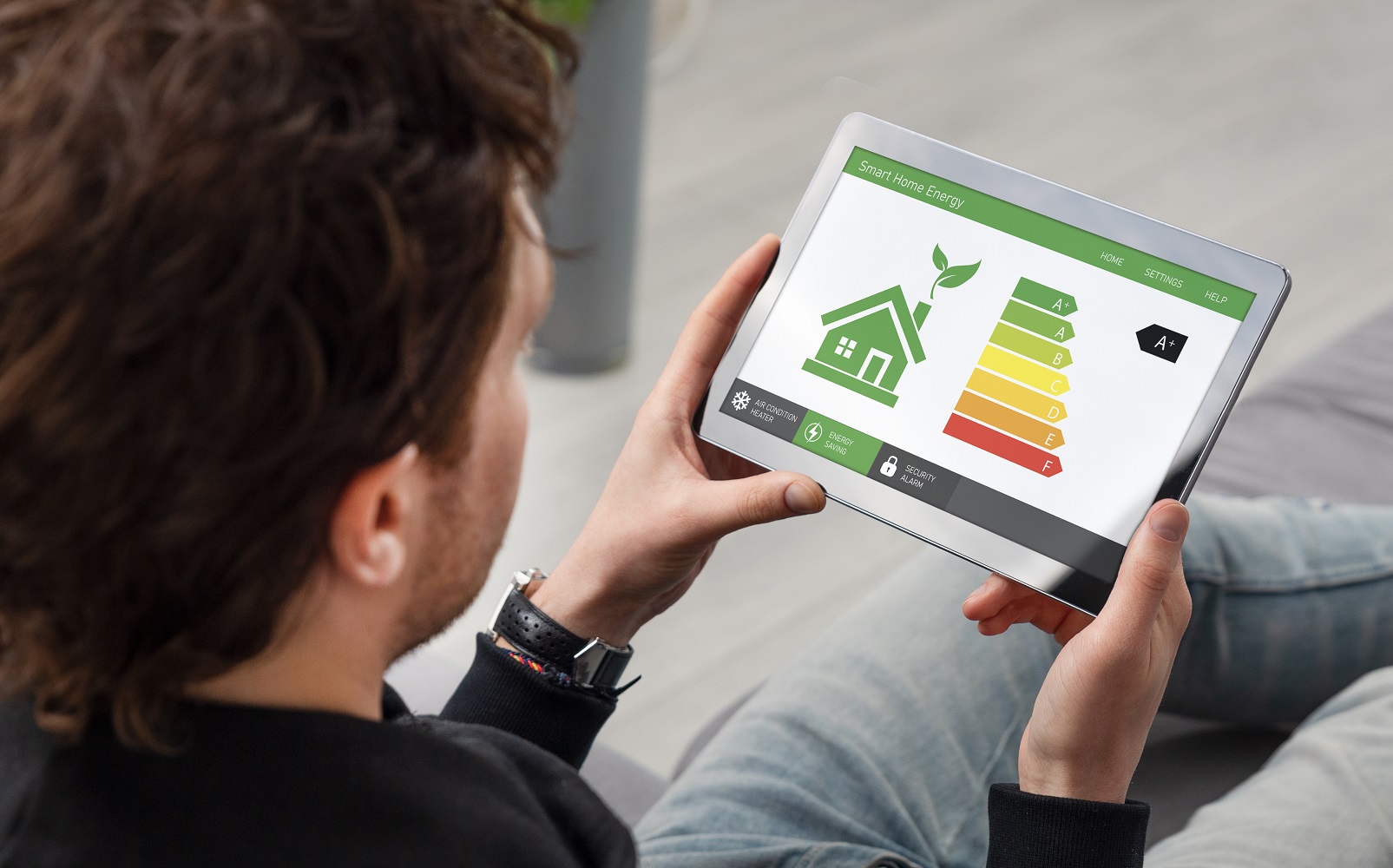
Energy Saving Tips
Twelve things you can do to help lower your energy use:
- If you can, turn your thermostat down by one degree (the recommended range for a thermostat is between 18-21C). Don’t set it too low, just a comfortable temperature and wear extra layers
- Turn the thermostats down to the lowest setting (but not off) on any radiators in rooms you are not using and keep the door shut
- Shower instead of taking a bath. Keep your shower to around three to four minutes to save water and energy
- When boiling the kettle only fill it with what you need
- Close your curtains when getting dark and tuck behind any radiators to retain heat. Use thermal linings
- Turn off any lights not in use
- Don’t block radiators with furniture, allow the heat to circulate the room
- Turn off any devices in standby mode
- Don’t leave chargers plugged in
- Use low energy light bulbs
- If you are on Economy 7 heating make sure you take advantage of the cheaper electricity, use timers if needed. If you can’t afford one, contact our Money Support Service for help
- Make sure your immersion heater has an insulated jacket. Contact our Money Support Service if you can’t afford one
You can access further hints and tips on energy saving by clicking the links below:
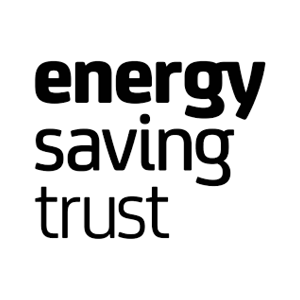
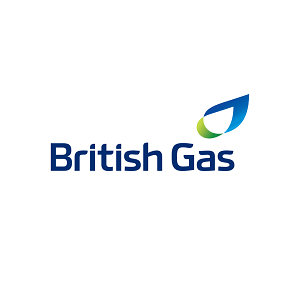

Top five energy consuming appliances
According to the Energy Saving Trust:
- Wet appliances – washing machines/dishwashers/tumble dryers account for 14% of a typical energy bill:
- Avoid half loads, lower the temperature and use eco settings, if you have one
- Avoid using the tumble dryer
- If it’s time to buy a new appliance, make sure you look at the energy rating when deciding which one to buy
- Cold appliances – fridges and freezers account for around 13% of a typical energy bill as these appliances have to be left on 24hrs a day:
- To keep the fridge temperature down, make sure cooked food is completely cooled down before putting it in the fridge
- Defrost items in the fridge as this keeps the air temperature down
- Don’t leave the door open longer than needed
- Keep the temperature of a fridge between three to five degrees celsius
- Defrost your freezer regularly if ice builds up
- If it’s time to buy a new one consider the smallest size that meets your needs, as well as the highest energy rated one if you can afford it
- Consumer electronics – from laptops to TVs to gaming consoles, these account for around 6% of a typical energy bill:
- Remember to turn off when not in use
- When it’s time to buy a new one remember to look at the most energy efficient models
- Lighting – accounts for around 6% of a typical energy bill:
- Reduce your bill by replacing halogen bulbs with LEDs
- Turn off lights not in use
- Cooking – including hob, oven, kettle, microwave and other kitchen appliances use around 4% of a typical energy bill:
- Microwaves are more energy efficient than ovens at cooking as they only heat the food and not the air space inside the appliance
- Don’t overfill the kettle
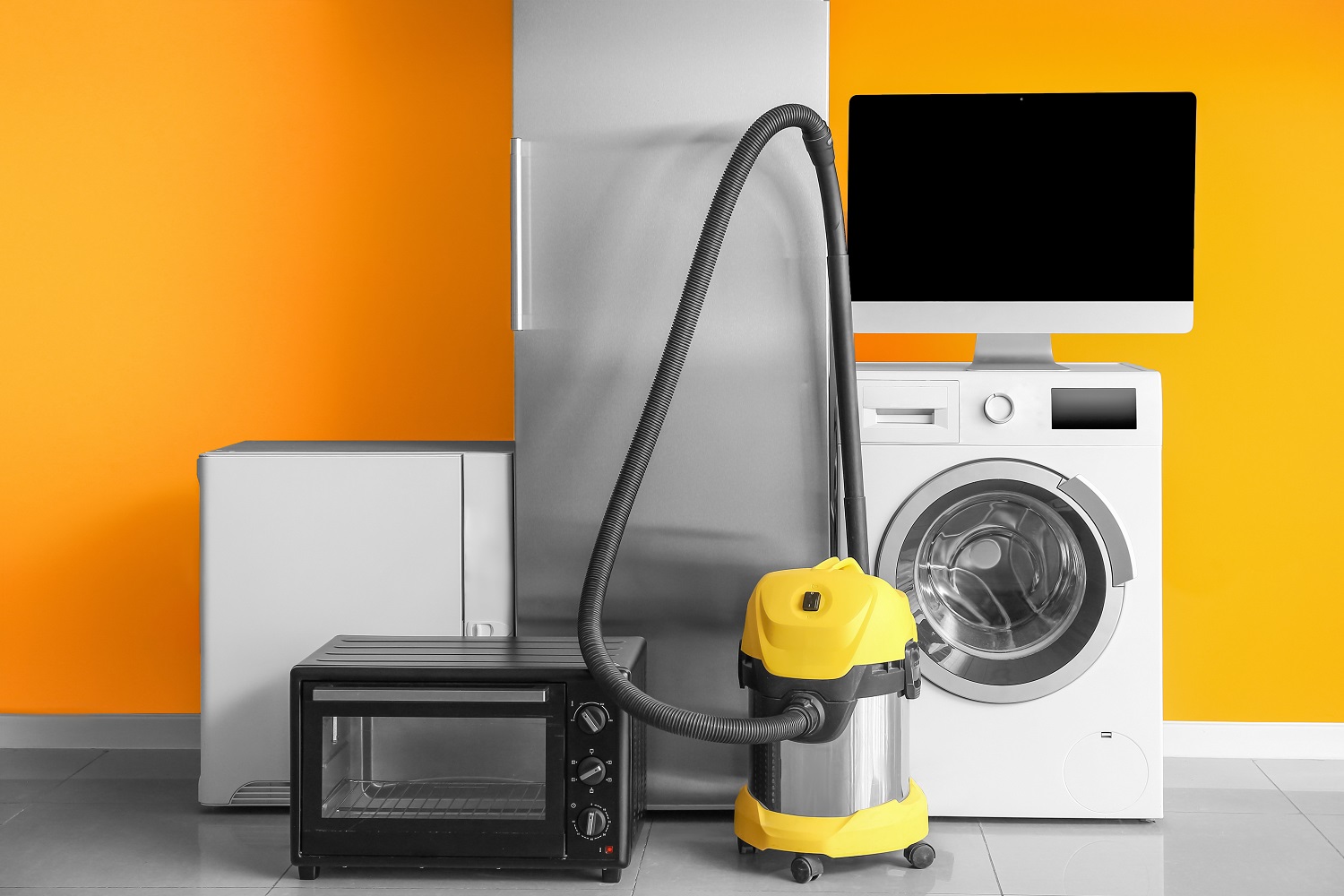
Cooking More Efficiently
- Microwaves, slow cookers, electric pressure cookers and air fryers use considerably less energy than ovens at cooking as they only heat the food and not the air space inside the appliance
- Slow cookers are equivalent in energy use to a microwave and draw about the same energy as an electric light bulb
- Electric pressure cookers and microwaves shorten the cooking time compared to an oven and therefore use less energy
- If you do use the oven switch it off about 5-10 minutes before the end of the cooking time to finish off in the residual heat (not suitable for cakes, bread and biscuits)
- Don’t open the oven door unnecessarily as it loses heat each time you do
- Filling your oven and bulk cooking rather than just having one item will save you money
- Consider using multiple methods, for example part-boiling potatoes in the microwave and then transferring to the oven or air fryer to finish and crisp up
- Put a lid on your pans to speed up the heating process and save energy
- Don’t forget to ventilate when cooking to avoid mould and condensation
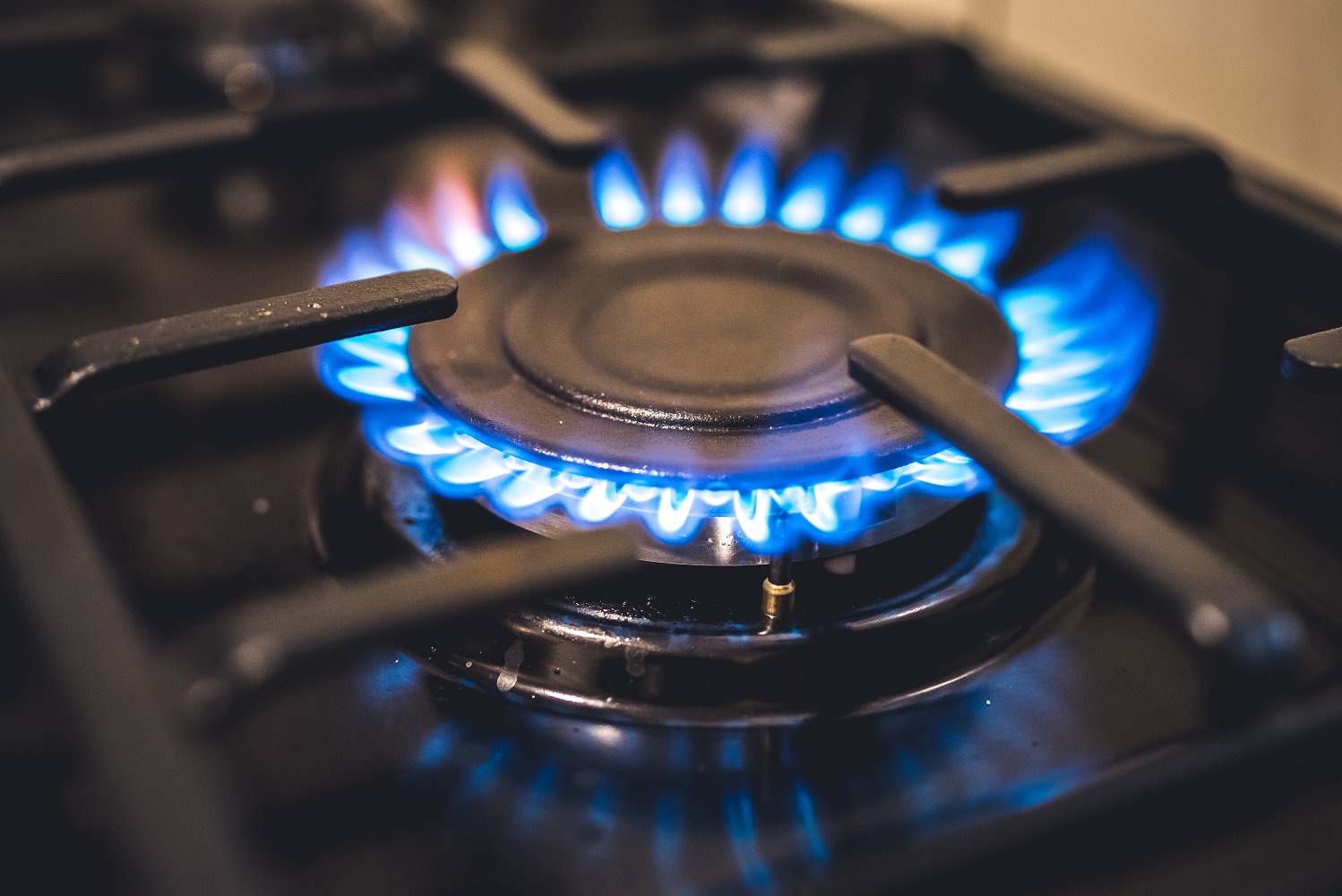
The Cost of Running Appliances
The Citizens Advice website has a handy calculator that tells you how much items are costing you.
The Money Saving Expert website has done some number crunching for you and below is a table of standard appliances and ballpark figures of what they cost to run:
*(1) kWh (Kilowatt hours) are the units used to measure how much power is used by an appliance. It works out as the watt power of an appliance divided by 1,000 (when used for one hour). **(2) Prices based on 1 July 2023 Price Cap rate of 30.11p/kWh.
Cost of Running Appliances
| Appliance | kWh (1)* | Cost per hour (2)** |
|---|---|---|
| Tumble dryer (3000W) | 3 | 90p |
| Oven (2000W) | 2 | 68p |
| Kettle (1800W) | 1.8 | 54p |
| Electric hob (1700W) | 1.7 | 51p |
| Vacuum cleaner (1400W) | 1.4 | 42p |
| Microwave (1200W) | 1.2 | 36p |
| Toaster (1200W) | 1.2 | 36p |
| Dishwasher (1200W) | 1.2 | 36p |
| Iron (1100W) | 1.1 | 33p |
| Air fryer (1000W) | 1 | 30p |
| Washer (700W) | 0.7 | 21p |
| Electric clothes airer (250W) | 0.25 | 7.5p |
| Slow cooker (225W) | 0.225 | 7p |
| PlayStation 5 (201W) | 0.201 | 3p |
| Sky Q Box (45W) | 0.045 | 1p |
| TV (30W) | 0.03 | 0.9p |
| Fridge (28W) | 0.028 | 0.84p |
| BT Hub (12W) | 0.012 | 0.36p |
| Light bulb (10W) | 0.01 | 0.30p |
| Sky Q box (standby) (9W) | 0.009 | 0.27p |
| Microwave (standby) (7W) | 0.007 | 0.21p |
| Phone charger (5W) | 0.005 | 0.15p |
| PlayStation 5 (standby) (0.36W) | 0.00036 | 0.01p |
Standing Charges & Energy Cap
The government has set an Energy Price Cap, which is designed to limit the energy bills of someone with a “typical” amount of usage. This was set at £2,074 a year from 1st July 2023 until 30th September 2023, when it will be reviewed again. This is based on a typical household using a medium amount of energy. But remember this cap is on the unit costs, so the more you use the more you pay.
All utility bills have a ‘standing charge’ that is a fixed daily amount, which you have to pay for energy, no matter how much you use. The charge covers what it costs the energy supplier to get the gas and electricity to you, similar to the line rental you pay for a phone.
The average daily standing charges for those paying by direct debit are 52.97p for electricity and 29.11p for gas. So, if you have both that’s around £25 a month to pay without using any electricity and gas.
If you have a prepayment meter you will still have a standing charge to pay even if you don’t have any credit on your meter. So, when you next top up you will have to pay back all the standing charges you owe.
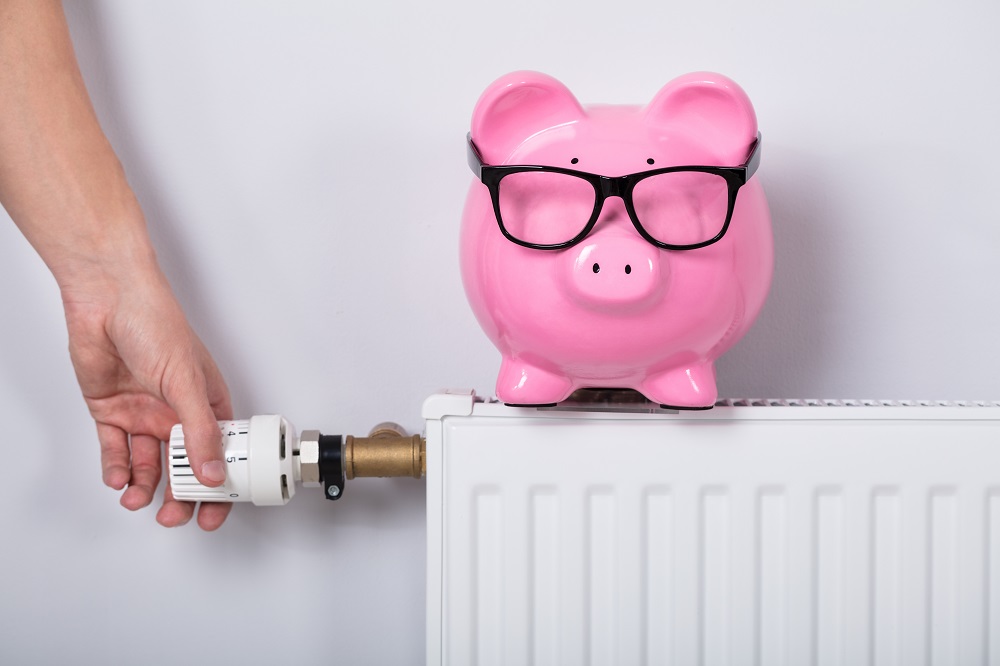
Gas Capping
You may have thought of asking us to cap your gas so you can’t use it. That is possible but there are several things you need to know before you make that decision. Like, you will still have to pay the ‘standing charge’ even if your gas is capped.
If this is something you are considering, please contact the Money Support Service first and we can talk to you about alternative support. If you still wish to go ahead, we will arrange for that to happen.
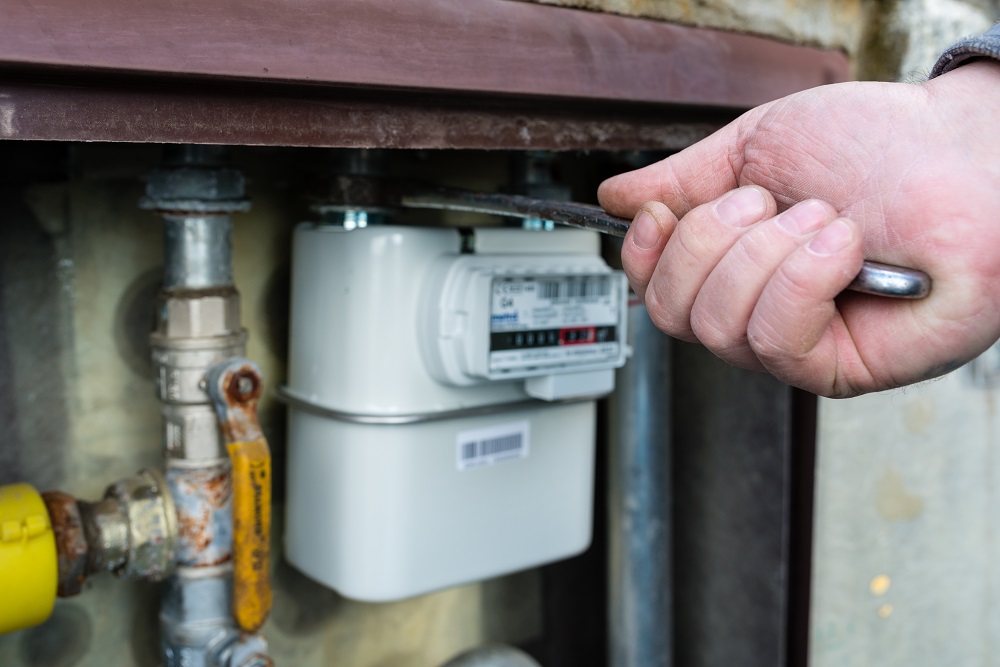
Air Source Heat Pumps
If you have an air source heat pump, please click here for a user-friendly guide that will help explain how they work and the best way to use them but please don’t change any settings. You should be able to find the make on the pump itself. If you have any concerns with your pump, please contact us on 0345 605 1472.
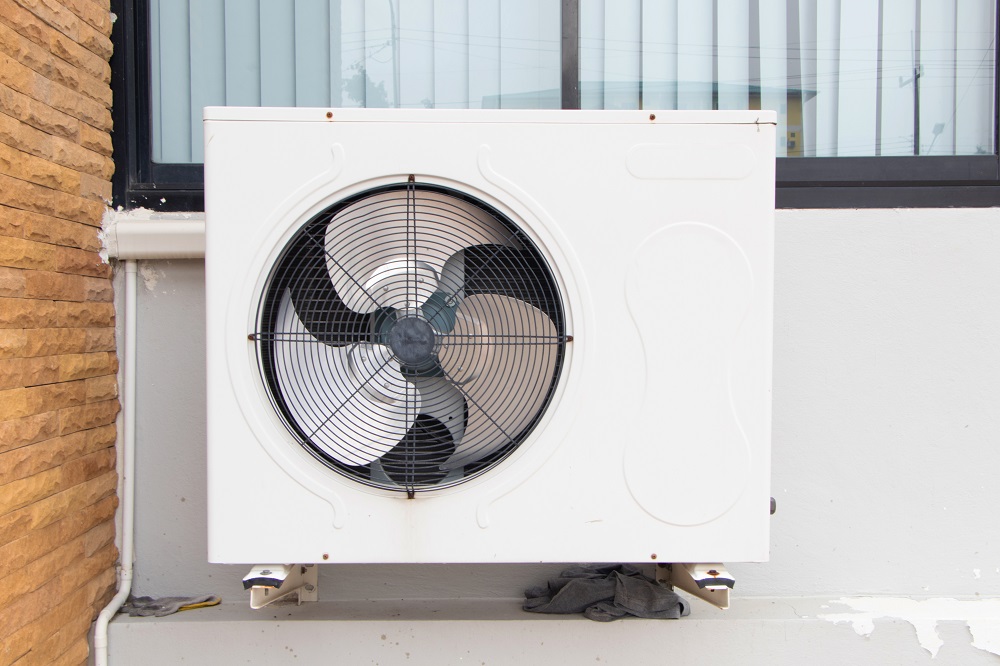
Solar Panels
If you have solar panels, click here for information that can help you make the most of free electricity.
